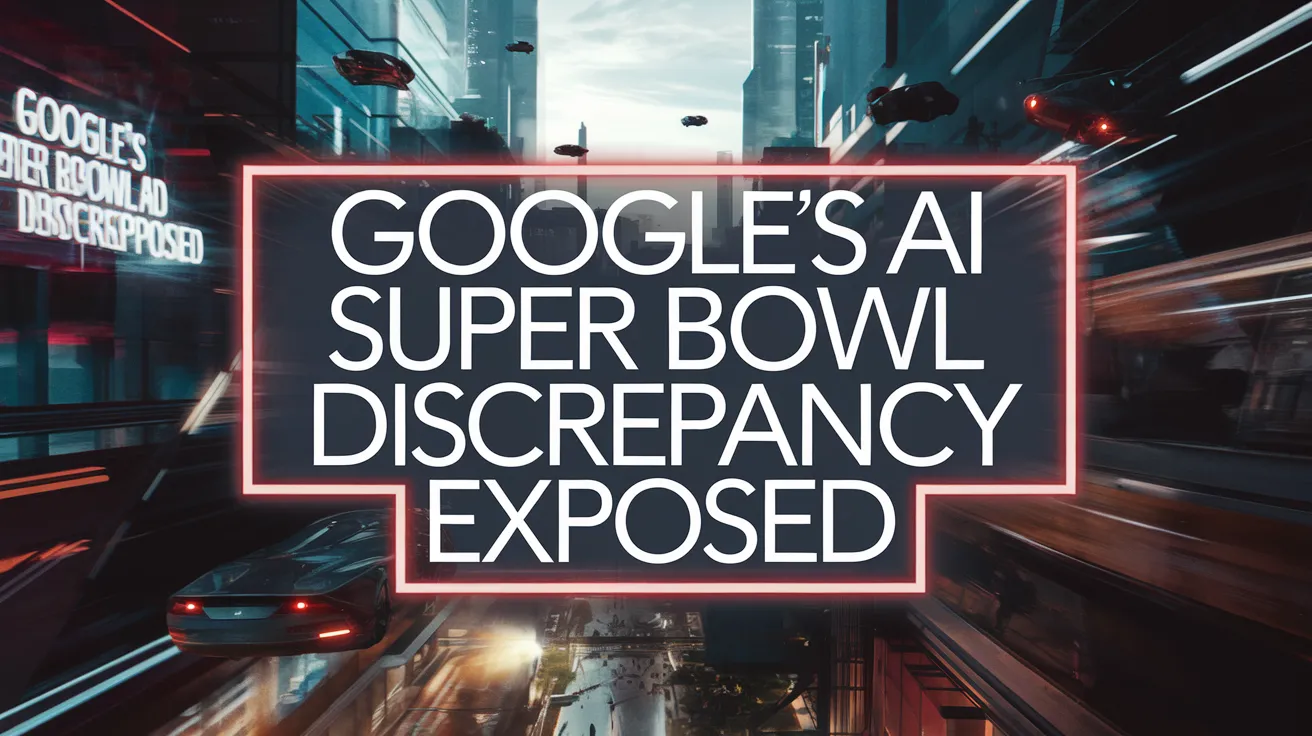Google’s AI Super Bowl Ad Discrepancy Exposed

The ongoing controversy surrounding Google’s Super Bowl ad promoting its Gemini AI model has taken a turn for the worse. Initially thought to stem from a hallucination by the AI, it has been uncovered that the contentious copy did not originate from Gemini at all, raising further questions about the integrity of Google’s advertising.
Google’s campaign featured 50 stories spotlighting small businesses across the U.S. that utilized Gemini tools, with one ad focusing on the Wisconsin Cheese Mart. In that advertisement, a claim was made that gouda comprised “50 to 60 percent of the world’s cheese consumption,” a statement that has been debunked. Following backlash, Google amended the ad to remove the erroneous assertion.
However, the plot thickens: the text that Google originally linked to Gemini’s capabilities has been discovered on the Wisconsin Cheese Mart’s website since at least 2020, as shown by the Internet Archive. This indicates a troubling misrepresentation by Google, as they implied the AI was responsible for generating the text when it was, in fact, pre-existing content.
Compounding the embarrassment, Jerry Dischler, the President of Cloud Applications at Google Cloud, defended the initial claim that the text was not a hallucination, asserting that “Gemini is grounded in the Web.” While this statement holds merit, it highlights a crucial oversight since the text attributed to Gemini was never generated by it.
With this misstep, Google finds itself in a precarious situation, having initially defended its AI’s capacity to provide accurate information against allegations of sharing falsehoods—only to discover the AI had no role in creating the content in question. The irony is palpable: showcasing an AI tool designed for content generation while relying on text that predated its functionality casts doubts on Gemini’s real-world applications and reliability.
This incident raises significant concerns not only about Google’s advertising strategies but also about the broader implications of AI in marketing. The situation feels reminiscent of earlier video game trailers that presented lush visualizations with disclaimers that the footage was not representative of actual gameplay. Here, Google appears one step away from stating, “Sure, this isn’t AI-generated text, but imagine if it were!”